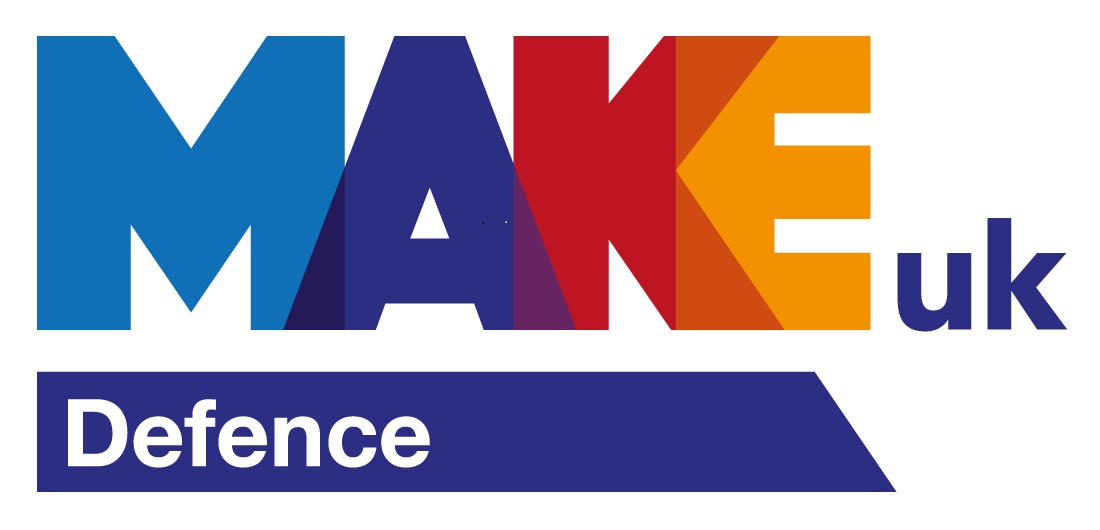What is digital marketing and why is it so important?
10.09.21


10.09.21

Defence Media’s Marketing Assistant Jodie Oliver gives us her insight into the world of digital marketing and what are some of the key areas a growing company can concentrate on when it is first starting out.
Picture the scene: you’ve just started your own business, you’re excited, and now you need to let everyone know about your product. But how? That’s where digital marketing comes in.
We’ve all heard the term ‘digital marketing’ before, but what does it actually mean? In this blog we’ll take a look at what digital marketing involves, and how you and your company can use it to your advantage.
Essentially, digital marketing is any type of activity that uses electronic devices, such as phones, tablets, or computers in order to promote a brand or product and then measure its success in engaging people and selling products. Whilst traditional offline marketing remains important for many businesses, there are many benefits that come from going digital, these include: higher conversion rates; more cost-effective as a result of optimised targeting; and the ability to collect valuable data that allows you to measure performance very precisely.
In a world where businesses are operating more and more digitally, it is essential that every business, whether that be B2B or B2C, has a strong online presence. In the UK alone, 75% of people shop online at least once a month, and in the US the average time a person spends on their phone per day is nearly four hours.
Below are a few considerations to make as you kick off your digital marketing:
Search engine optimisation, also known as SEO, is the method by which you ensure your website ranks as highly as possible in search engines such as Google or Bing. There are many factors that determine SEO success – Google’s algorithm is reported to have over 200 ranking factors that determine search engine position – and these can be split into technical, on-page and off-page factors.
Some of the most important elements of SEO are content, keyword relevancy, mobile friendliness and quality of links that direct to a page. There is undeniably a science to getting SEO right and requires years of experience, but it is very much worth the investment. Approximately 53% of people click on links that have appeared organically as opposed to paid advertisements, showing the importance of ranking as highly as possible and not just relying on your Google ads (although this method is also important in an all-encompassing digital marketing strategy).
Content truly is king. Not only does engaging and relevant content help in terms of SEO, but it also helps with building your brand’s authority and attracting new customers to your brand. Content generation allows you to show your newest products and has the additional benefit of being completely free! Furthermore, according to CIM, 92% of B2B companies consider content to be one of their most important marketing tools, due to the fact that the buying process for B2B primarily hinges on relationship building. Therefore, content and storytelling is crucial for these companies in engaging stakeholders over a long period of time and building those relationships as they pass through the sales funnel, from lead to customer, to brand advocate.
Ultimately, content is your greatest asset when it comes to persuasion, and an emphasis on well written, optimised content should not be overlooked.
How many hours a day do you spend trawling through social media? Whether it’s a quick read of Twitter before bed or checking the latest business updates on LinkedIn on the way to work, social media has become a huge part of our lives. Social media also has several huge benefits for businesses.
First up, social media is an easy way to tell stakeholders about your brand and goals. And of course, you can listen to your intended audience (social listening is hugely important today) to understand what their needs are. This means you can adapt your messaging and product/service to address this, which will help you build your customer base further. Furthermore, communicating with your audience helps to build those all-important relationships.
Secondly, once you have engaged with an audience on social media, it is time to start sharing your website and the products/services you offer. Sharing relevant website links will increase your website traffic and allow your audience to see all the content that you’ve spent so long perfecting.
Finally (and perhaps most obviously) social media allows you to promote your products to your followers for free. On the other hand, all social platforms also allow you to boost performance further through paid promotion, which for websites such as LinkedIn can be extremely targeted and precise to the segments, markets and personnel that are relevant to your sales plan.
https://www.searchenginejournal.com/seo-101/seo-statistics/#close
https://www.cim.co.uk/media/1734/cmr-digi-mktg-report-2014_v3.pdf


Signatories of:


Members of:



Innovation House
Molly Millars Close
Wokingham
RG41 2RX